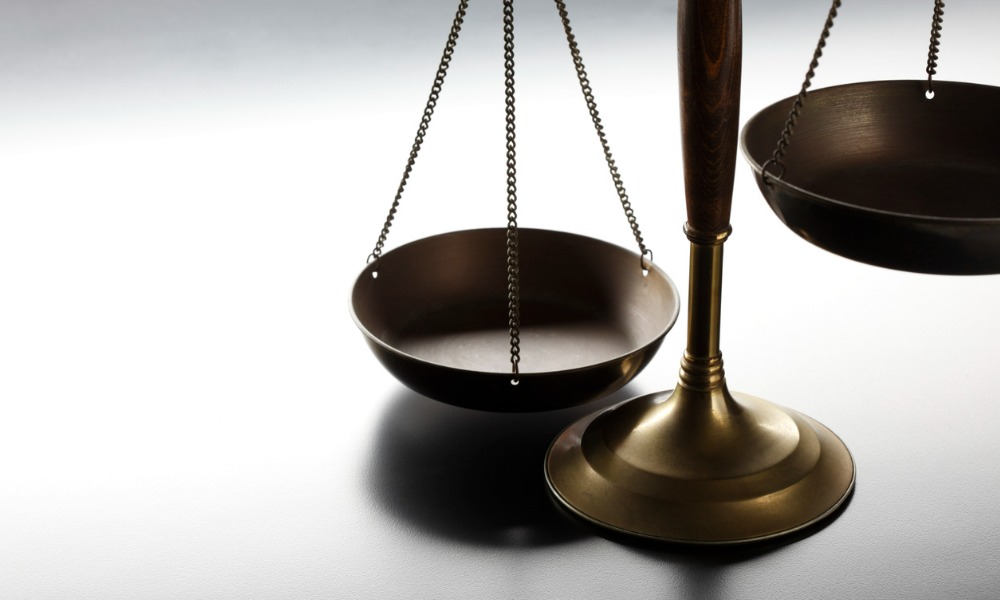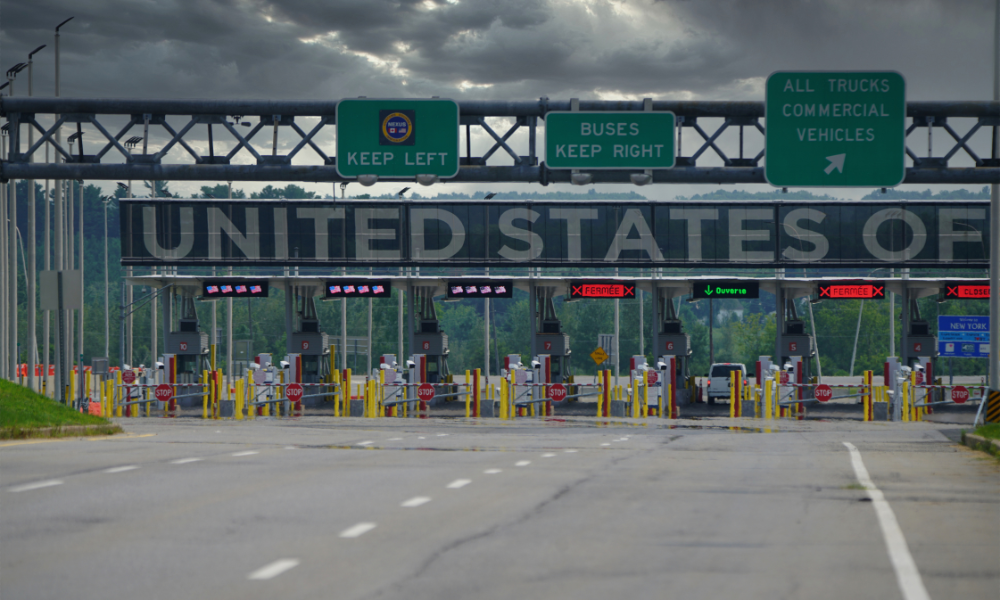Survey reveals consensus view on wealth inequality and perceptions of unfairness in Canada's tax system

As the country approaches a likely election campaign this summer, a new survey from Abacus Data suggests that wealth and tax inequality – which has likely been exacerbated by the COVID-19 pandemic – will be a major concern for Canadian voters.
In an online poll commissioned by Broadbent Institute and the Professional Institute for the Public Service of Canada, which drew responses from 1,500 adult Canadians in mid-July, 82% agreed that it’s time to address the issue of wealth and income inequality by raising taxes on large, profitable corporations and wealthy Canadians.
A 70% majority of respondents felt that large corporations and wealthy Canadians do not pay their fair share in taxes, while 40% said lower- and middle-income Canadians pay more than what’s fair. Most agreed that small businesses pay their fair share.
Notably, the survey found a clear majority of respondents expressing support for measures to make it tougher for corporations and the rich to avoid taxes. That includes closing income tax loopholes used primarily be the wealthy (92% of respondents), making it harder for corporations to strategically book profits in tax havens where they don’t engage in economic activity (92%), levying a 37% income tax rate on those who earn at least $750,000, and making businesses that saw outsized profits during the pandemic pay an excessive corporate profit tax (87%).
The idea of an annual wealth tax to be paid by the wealthiest Canadians was also widely supported, garnering favour from 89% of respondents. That includes 83% of those planning to vote Conservative, 91% of Liberal supporters, 93% of NDP party members, 96% of BQ supporters, and 95% of those planning cast a vote for the Green Party.
While it may hold wide political appeal at the moment – the Parliamentary Budget Officer (PBO) recently floated the idea of a one-time wealth tax to help address economic inequality and the country’s growing debt – a new paper from the Montreal Economic Institute (MEI) argues that taxing the rich isn’t a good solution.
“Upon closer inspection, it would appear that the wealth tax being discussed would fall well short of financing that kind of spending and would bring many unintended consequences along with it,” said MEI Economist Maria Lily Shaw in a statement.
Shaw said that the most realistic scenario put forward in the PBO’s analysis would see the one-time tax raise $60.7 billion over a five-year period. Taking that together with other measures outlined in the latest budget, such as a luxury tax and other measure to close supposed loopholes, MEI said the government is estimated to collect an additional $18 billion yearly.
Read this article to know what is the Canadian luxury tax.
“[T]he federal government projects to spend just over $1 billion per day next year,” she said. “It would therefore take the government roughly 16 days to spend an entire fiscal year's worth of revenue generated by all the new revenue-increasing measures combined.”
Forcing business owners to pay the “rich penalty,” Shaw argued, would risk jeopardizing ownership of family businesses that play a role in job creation, innovation, and other vital economic activities. She also pointed to well-documented failures of wealth taxation in Europe, adding that “there is no valid reason” to expect different results in Canada.
“Policy-makers should focus on reining in spending rather than continuously hiking taxes,” she said.
Read next: How does Canada’s luxury tax work and why was it implemented?



